42 neuron structure labeled
Neural Network Matlab - Matlab Projects NEURAL NETWORK MATLAB is a powerful technique which is used to solve many real world problems. Information processing paradigm in neural network Matlab projects is inspired by biological nervous systems. NEURAL NETWORK MATLAB is used to perform specific applications as pattern recognition or data classification. Serotonin - Wikipedia Serotonin ( / ˌsɛrəˈtoʊnɪn, ˌsɪərə -/ [6] [7] [8]) or 5-hydroxytryptamine ( 5-HT) is a monoamine neurotransmitter. Its biological function is complex and multifaceted, modulating mood, cognition, reward, learning, memory, and numerous physiological processes such as vomiting and vasoconstriction. [9]
Neuroscience For Kids - University of Washington Neuroscience for Kids has been created for all students and teachers who would like to learn about the nervous system. Discover the exciting world of the brain, spinal cord, neurons and the senses. Use the experiments, activities and games to help you learn about the nervous system. There are plenty of links to other web sites for you to explore.

Neuron structure labeled
Neuron | Journal | ScienceDirect.com by Elsevier Neuron has established itself as one of the most influential and relied upon journals in the field of neuroscience. The editors embrace interdisciplinary strategies which integrate biophysical, cellular, developmental, and molecular approaches with a systems approach to sensory, motor, and …. View full aims & scope. Whole structural reconstruction and quantification of epidermal ... The detailed structure of IENFs was semi-automatically traced and reconstructed using a neuron tracing program, the N360 (Neurolucida 360; MBF Bioscience, Williston, USA), with interactive tree ... Illuminating the Brain One Neuron and Synapse at a Time - 5 Essential ... 1. Mapping the brain Attempts to map the structure of the brain date back to antiquity, when philosophers and scholars had only the unaided eye to map anatomy to function. New visualization...
Neuron structure labeled. Getting Started with Neural Networks Using MATLAB - MathWorks A neural network is an adaptive system that learns by using interconnected nodes. Neural networks are useful in many applications: you can use them for clustering, classification, regression, and time-series predictions. In this video, you'll walk through an example that shows what neural networks are and how to work with them in MATLAB ®. Positions and Functions of the Four Brain Lobes | MD-Health.com The brain is divided into four sections, known as lobes (as shown in the image). The frontal lobe, occipital lobe, parietal lobe, and temporal lobe have different locations and functions that support the responses and actions of the human body. Let's start by identifying where each lobe is positioned in the brain. Position of the Lobes N-SIM S | Super-Resolution Microscopes - Nikon Instruments Inc. The N-SIM S achieves incredible acquisition speeds (up to 15 fps*), enabling super-resolution time-lapse imaging of live cells and intracellular dynamics. * 2D-SIM mode, 512 x 512 pixels, 2 msec exposure time. Endosomes of a COS7 cell labeled with YFP. Rapid movement of endosomes is captured at high resolution. Plasma Membrane (Cell Membrane) - Genome.gov The plasma membrane, also called the cell membrane, is the membrane found in all cells that separates the interior of the cell from the outside environment. In bacterial and plant cells, a cell wall is attached to the plasma membrane on its outside surface. The plasma membrane consists of a lipid bilayer that is semipermeable.
What is Adaptation? - Definition, Types, Causes, Importance and FAQs Any organic, living system that performs as a distinct individual unit is referred to as an organism in biology. All living things are made up of cells (cell theory). Taxonomy separates species into protists, bacteria, and archaea, which are unicellular microorganisms, or multicellular animals, plants, and fungi. Rh Blood Group System - Overview, Types, Composition, Importance and FAQs The ABO blood group system divides the blood into four types. They are A, B, AB & O types of blood. In A type of blood, there are Antigen A is present. For blood B there are B antigens present. For AB blood there are both A & B types of antigen are present. And for O type of blood there no antigens are present. Structure of the Brain and Their Functions | New Health Advisor Structure of the Brain There are 3 major parts of the brain: cerebrum (Latin for brain), cerebellum (little brain), and brainstem. The cerebrum is the largest part of the human brain. It is divided into two, the right and the left hemisphere, which are connected by a bundle of nerve fibers. Somatostatin neurons' properties are specialized in different ... University of Pittsburgh neuroscience researchers have found that the properties of one neuron subtype-;somatostatin neurons-;are specialized in different subregions of the cortex. The researchers ...
Brain Structures and Their Functions | MD-Health.com It is divided into four sections: the temporal lobe, the occipital lobe, parietal lobe and frontal lobe. The cerebrum is divided into a right and left hemisphere which are connected by axons that relay messages from one to the other. Eukaryotic Cell: Definition, structure and organelles | Kenhub This structure is known as the nuclear envelope; like the plasma membrane, it is also made of a lipid bilayer. It is a double layered structure that encircles the nucleolus and the chromatin within the nuclear matrix. The nuclear envelope is continuous with the rough endoplasmic reticulum. Nervous System 101 Study Guide Notes: Neuronal Synapses, Types of ... It is bordered by the pre-synaptic membrane (of the axon terminal) and post-synaptic membrane (of the target cell) Just on the inside of the pre-synaptic membrane are synaptic vesicles, bubble-like structures that are full of neurotransmitters. The pre-synaptic axon terminal also has voltage-gated calcium channels that allow Ca 2+ in. Artificial Neural Network | Brilliant Math & Science Wiki Thus, calculating the output of our neuron model is comprised of two steps: 1) Calculate the integration. The integration, as defined above, is the sum \vec {w} \cdot \vec {x} + b w ⋅x +b for vectors \vec {w} w, \vec {x} x and scalar b b. 2) Calculate the output. The output is the activation function applied to the result of step 1.
Neuromuscular Junction Structure and Functions - New Health Advisor Structure of Neuromuscular Junction As we have read, the junction consists of a neuron and a skeletal muscle cell. The neuron in the combination is referred to as spinal motor neuron. The motor neurons, who originate from the spinal cord, innervate the skeletal muscle fibers. The innervation happens by very fine processes of the axon.
Transplantation of human neural progenitor cells secreting GDNF into ... A mixed-model regression with compound symmetry covariance structure was used for the motor neuron counts (d) ... Confocal microscopy images show that CNS10-NPC-GDNF labeled with Stem 121 ...
Sympathetic nervous system: Definition, anatomy, function - Kenhub Namely, these structures are the cranial nerves, spinal nerves, and peripheral ganglia. The peripheral part of the nervous system can also be broken down functionally. By this classification, the nervous system consists of the somatic nervous system (SNS) and autonomic nervous system (ANS).
What is the Nervous System? - News-Medical.net The neuron, the basic unit of the nervous system, is a specialized conductor cell that receives and transmits electrochemical nerve impulses between the brain and the rest of the nervous system. A...
EFMC-ISMC 2022 Flash Posters structure-guided optimisation of small-molecule inhibitors of the human 2-oxoglutarate-dependent oxygenase factor inhibiting hypoxia-inducible factor ... rescuing motor neuron degeneration using novel mlk3 modulators ... synthesis of 4-deoxy-4-fluoro-d-sedoheptulose and an approach for its fluorine-18 labeled analogue; organised by. with the ...
First-ever axolotl stereo-seq reveals brain r | EurekAlert! It is also known for its ability to regenerate lost limbs and other tissues such as the brain, spinal cord, tail, skin, limbs, liver, skeletal muscle, heart, upper and lower jaw, and ocular ...
Telomere - Genome.gov A telomere is a region of repetitive DNA sequences at the end of a chromosome. Telomeres protect the ends of chromosomes from becoming frayed or tangled. Each time a cell divides, the telomeres become slightly shorter. Eventually, they become so short that the cell can no longer divide successfully, and the cell dies. Human Cell 3-D Watch on
Neurotransmitter - Wikipedia A neurotransmitter is a signaling molecule secreted by a neuron to affect another cell across a synapse.The cell receiving the signal, any main body part or target cell, may be another neuron, but could also be a gland or muscle cell.. Neurotransmitters are released from synaptic vesicles into the synaptic cleft where they are able to interact with neurotransmitter receptors on the target cell.
Know Your Superbrain: The 4 Brain Regions & How They Work - Mindvalley Blog When it comes to the brain regions, though, there are four main parts: Cerebrum Cerebellum Brain stem Diencephalon Each of them is in charge of different functions like thinking, memory, and movement. The Cerebrum The first and largest brain region is the cerebrum. It takes up the top part of the brain and accounts for 85% of its total volume.
Difference Between Sensory and Motor Neurons Brain Neurons involves in sensory processing where the visual or auditory cortex will respond by the sensory neurons. The neurons communicate, and an electrical impulse releases the neurotransmitters. The neurotransmitters reach to bind the Special Molecules bypassing the synapse. Touching a hot surface Experiencing coldness Can find sweat
The 12 Cranial Nerves: Overview and Functions - Lecturio The anatomy of the nose can be divided into the external nose and the nasal cavity. Nose and Nasal Cavity: Anatomy; Exits the skull Skull The skull (cranium) is the skeletal structure of the head supporting the face and forming a protective cavity for the brain. The skull consists of 22 bones divided into the viscerocranium (facial skeleton ...
Illuminating the Brain One Neuron and Synapse at a Time - 5 Essential ... 1. Mapping the brain Attempts to map the structure of the brain date back to antiquity, when philosophers and scholars had only the unaided eye to map anatomy to function. New visualization...
Whole structural reconstruction and quantification of epidermal ... The detailed structure of IENFs was semi-automatically traced and reconstructed using a neuron tracing program, the N360 (Neurolucida 360; MBF Bioscience, Williston, USA), with interactive tree ...
Neuron | Journal | ScienceDirect.com by Elsevier Neuron has established itself as one of the most influential and relied upon journals in the field of neuroscience. The editors embrace interdisciplinary strategies which integrate biophysical, cellular, developmental, and molecular approaches with a systems approach to sensory, motor, and …. View full aims & scope.



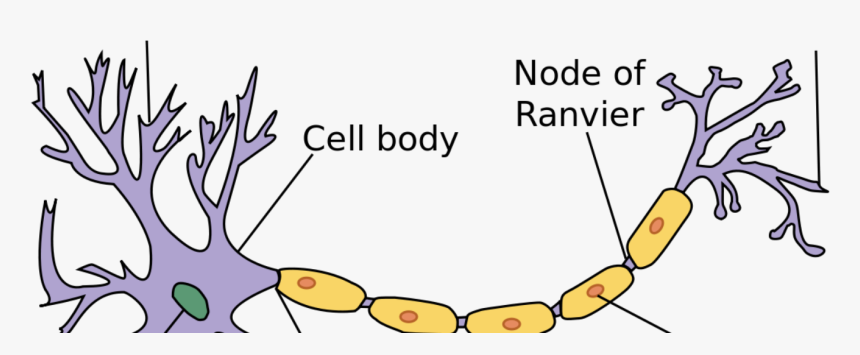

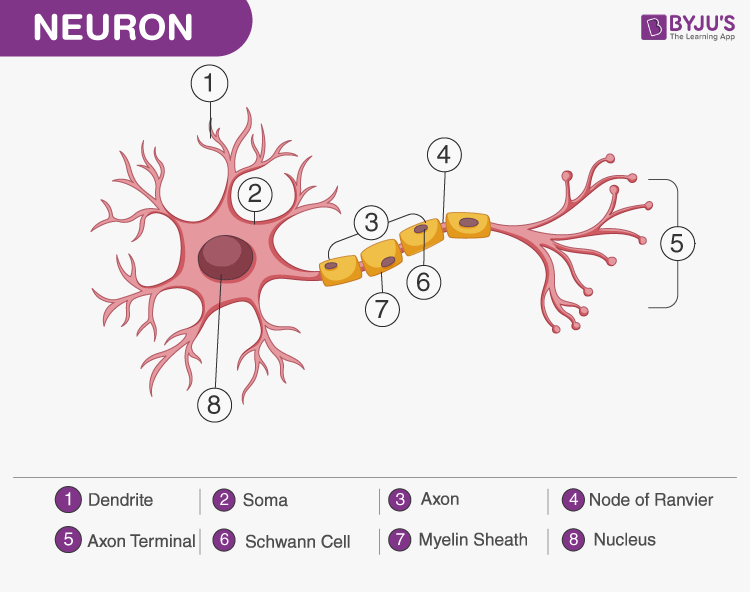
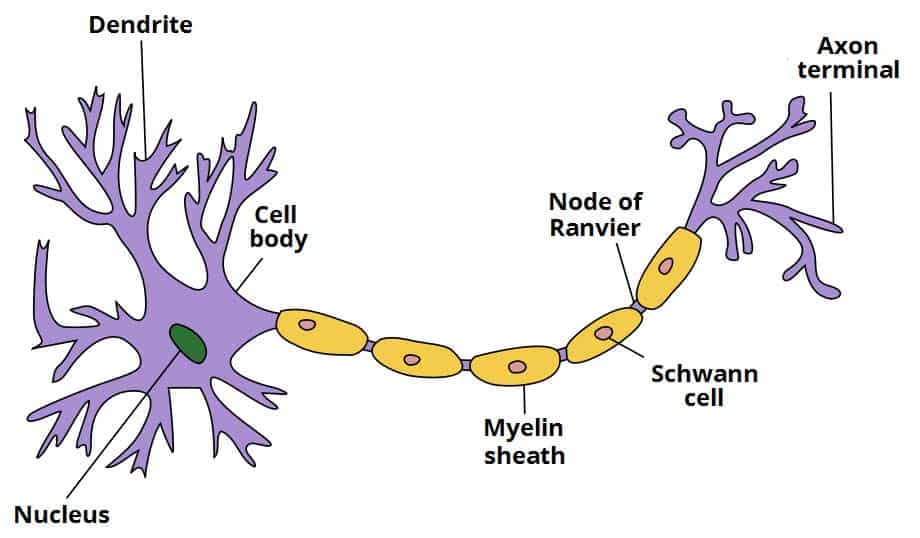

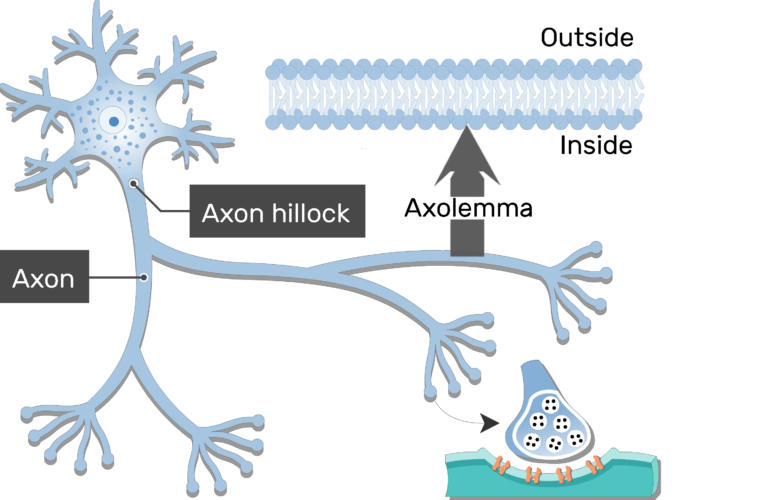
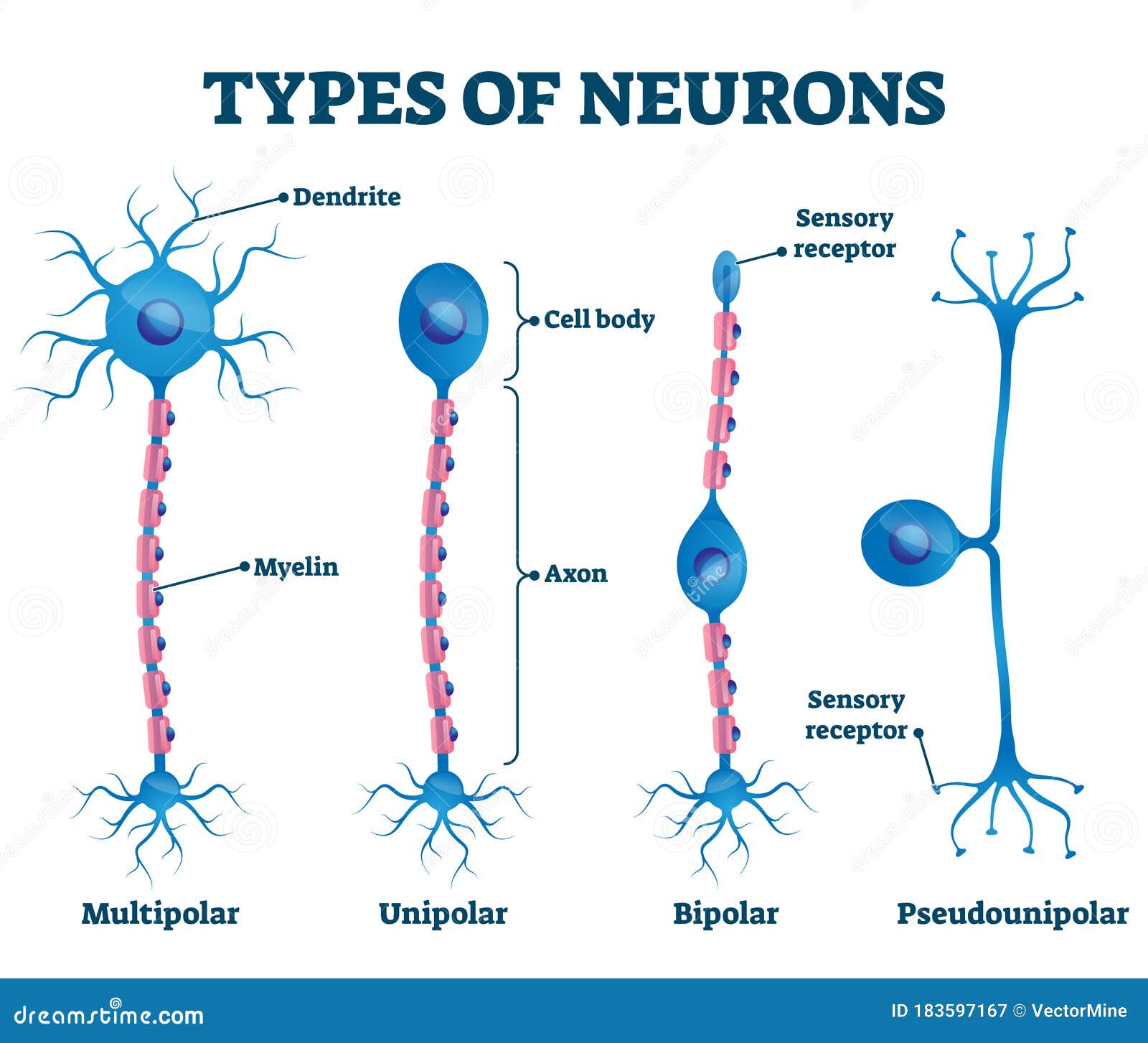

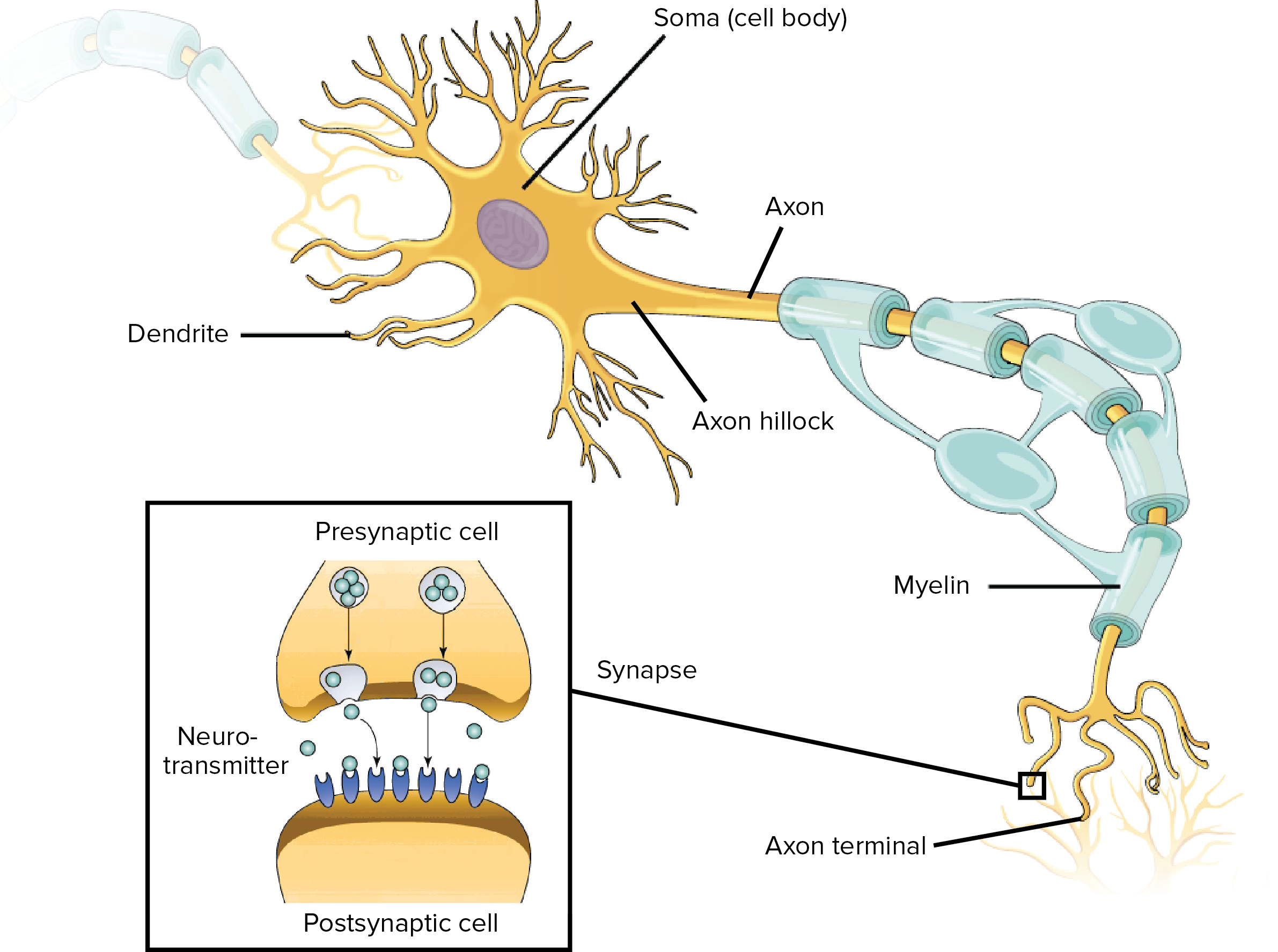
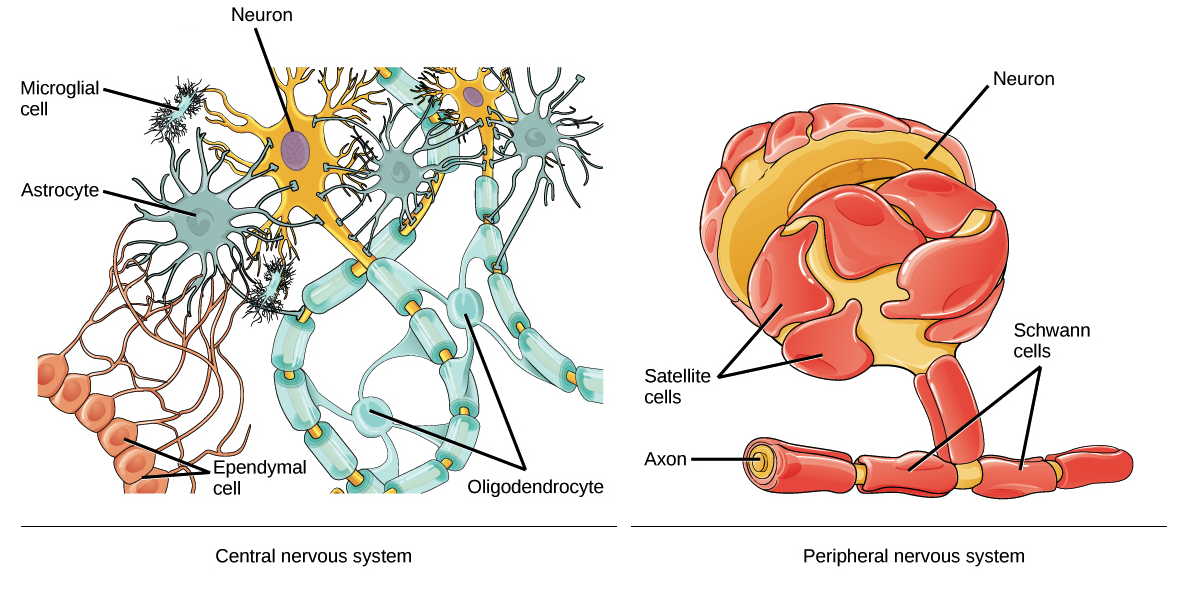
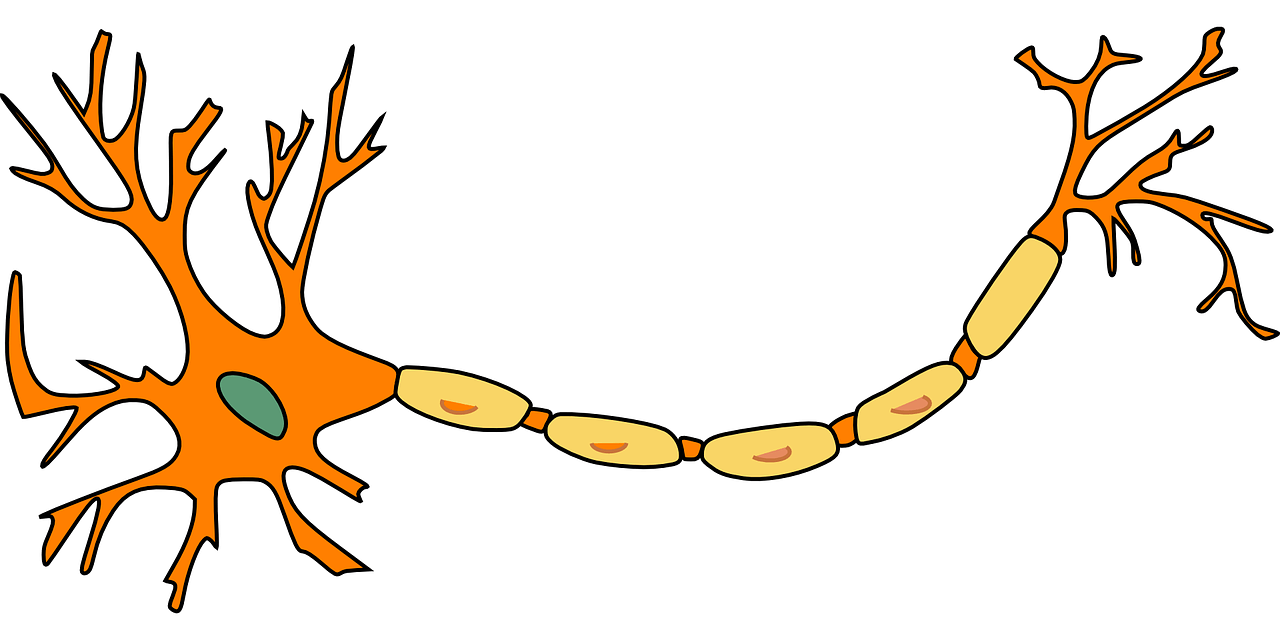
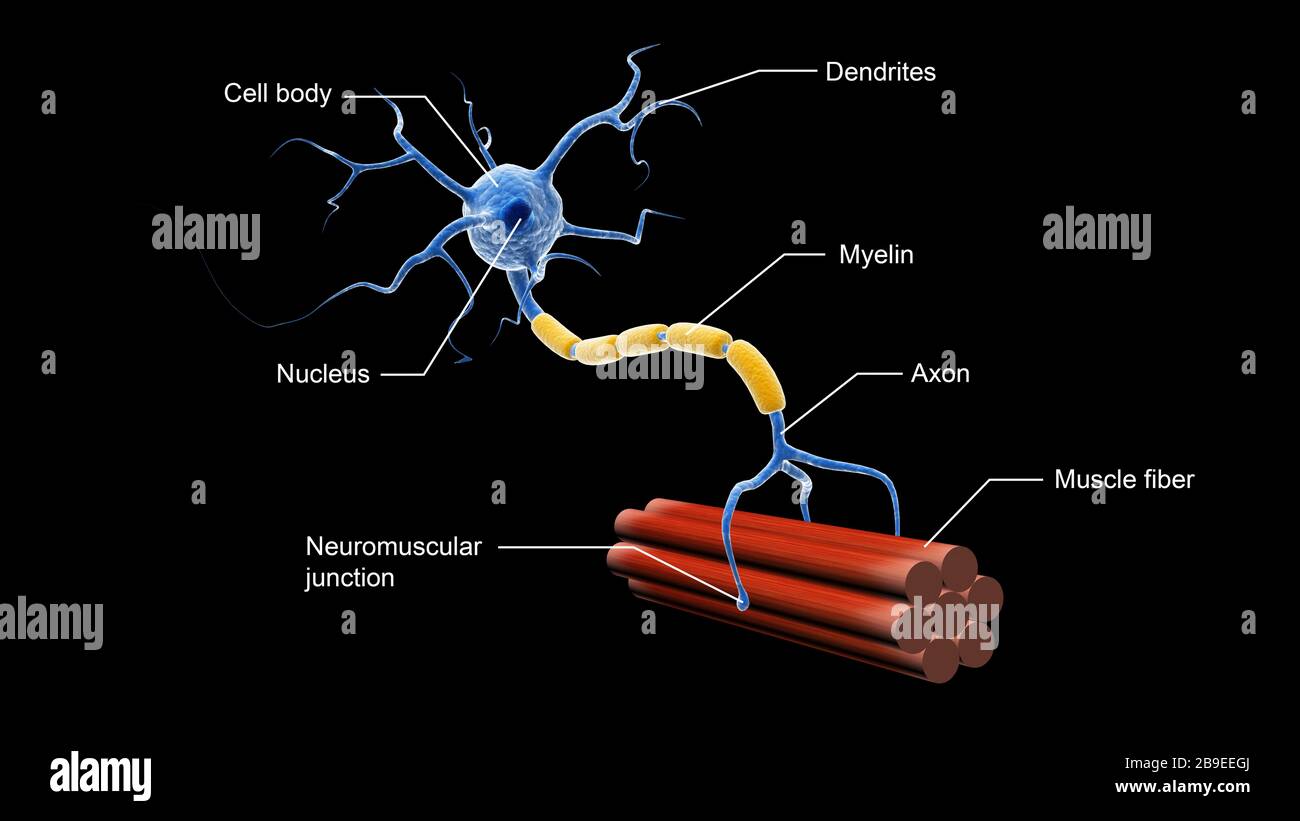

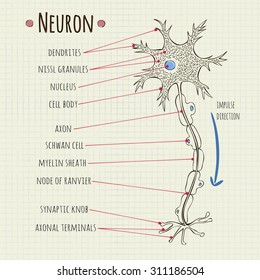
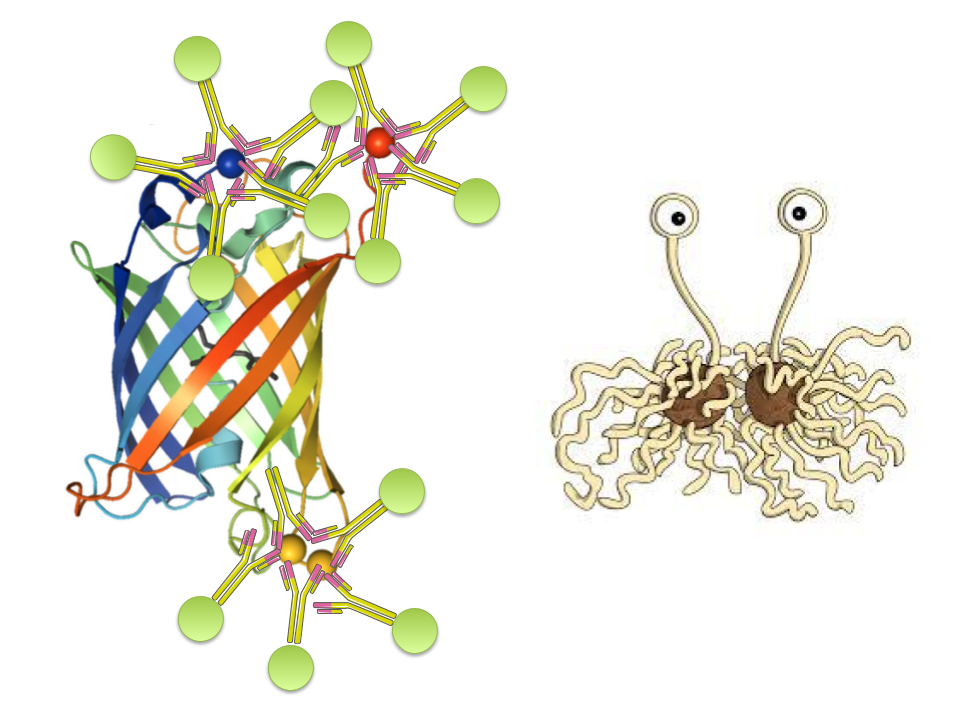

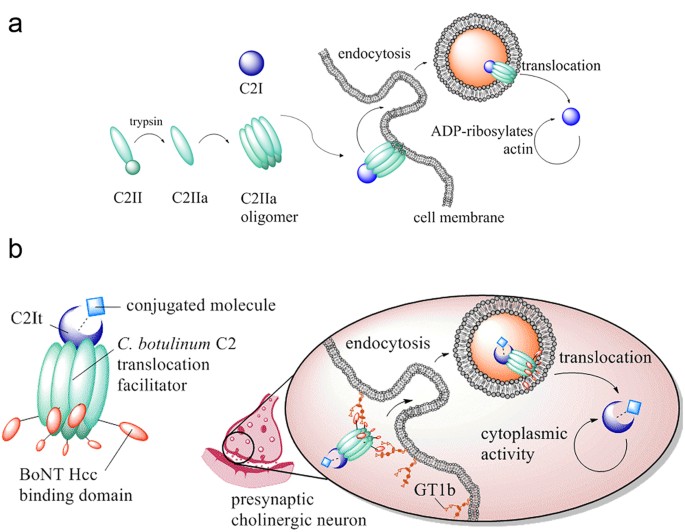

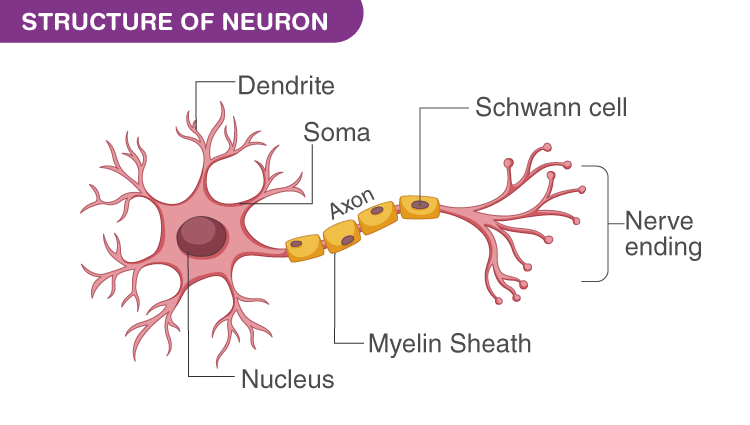

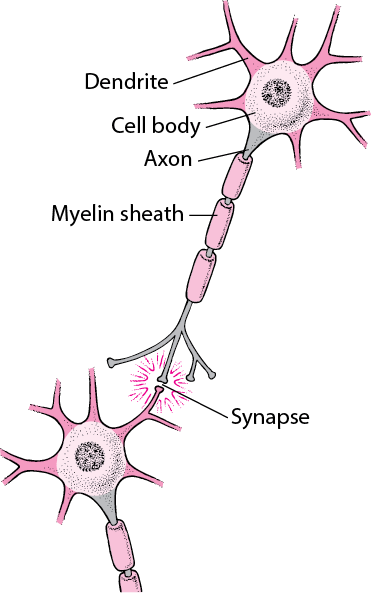
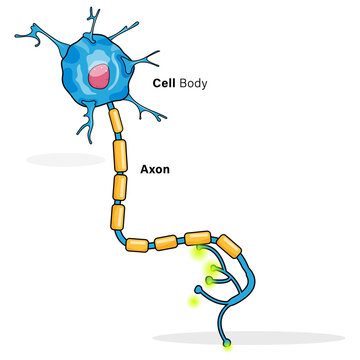


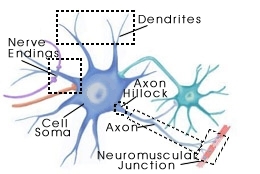

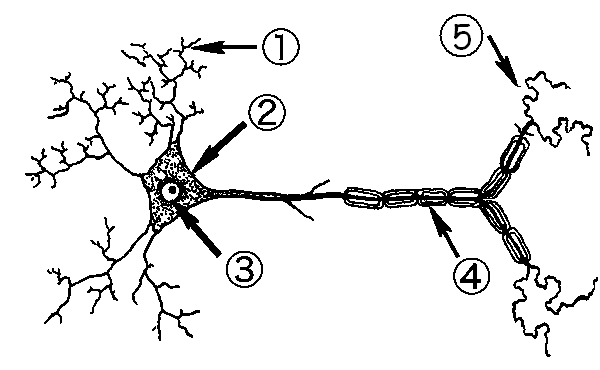


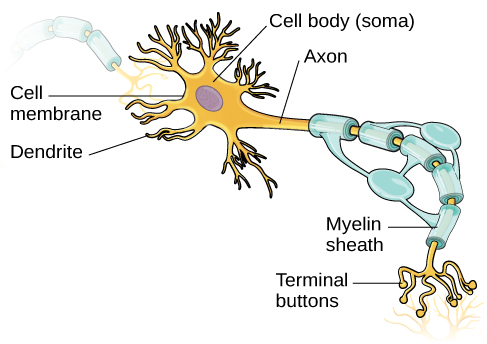

:watermark(/images/watermark_only.png,0,0,0):watermark(/images/logo_url.png,-10,-10,0):format(jpeg)/images/anatomy_term/synapse/0MHPCZmJdrHdqY3I7Y31cg_synapse.png)


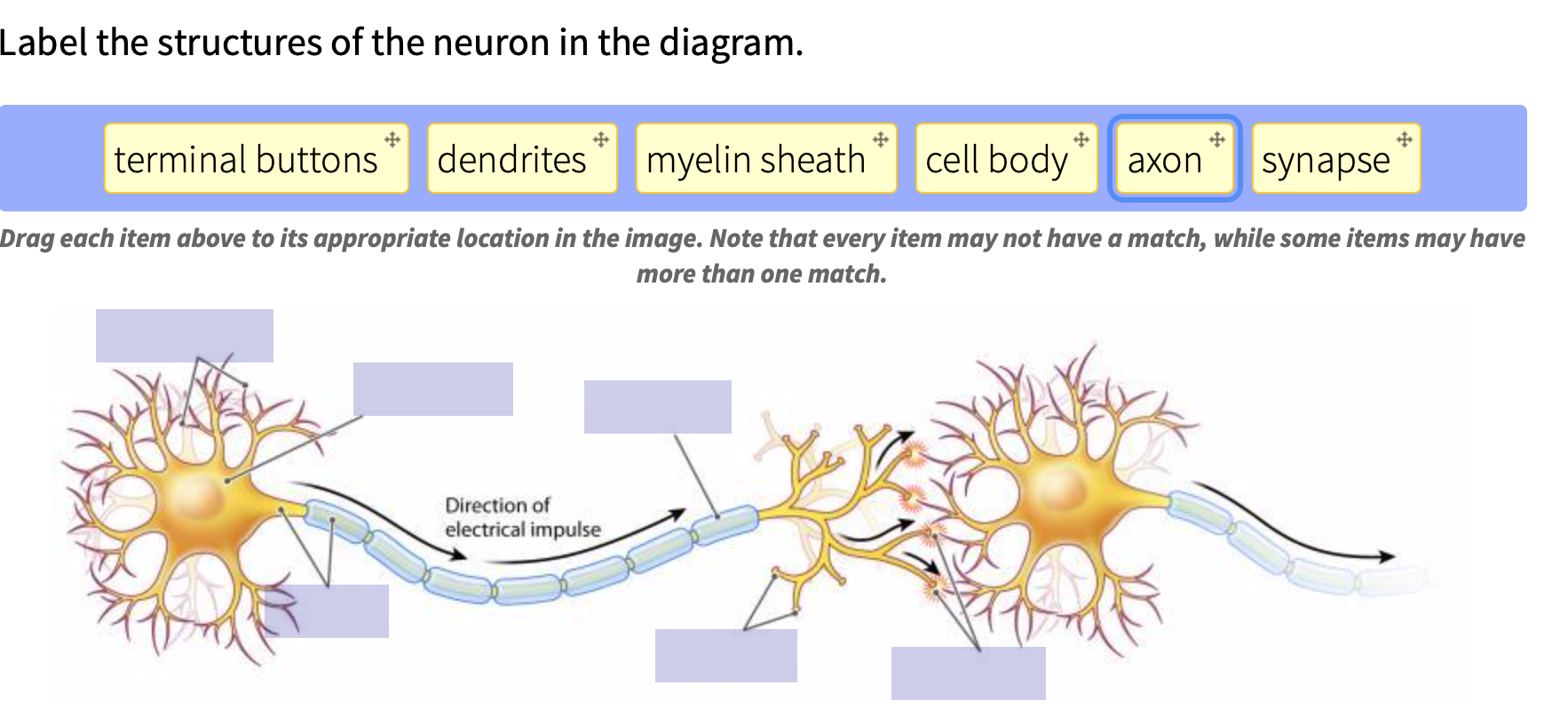
Post a Comment for "42 neuron structure labeled"